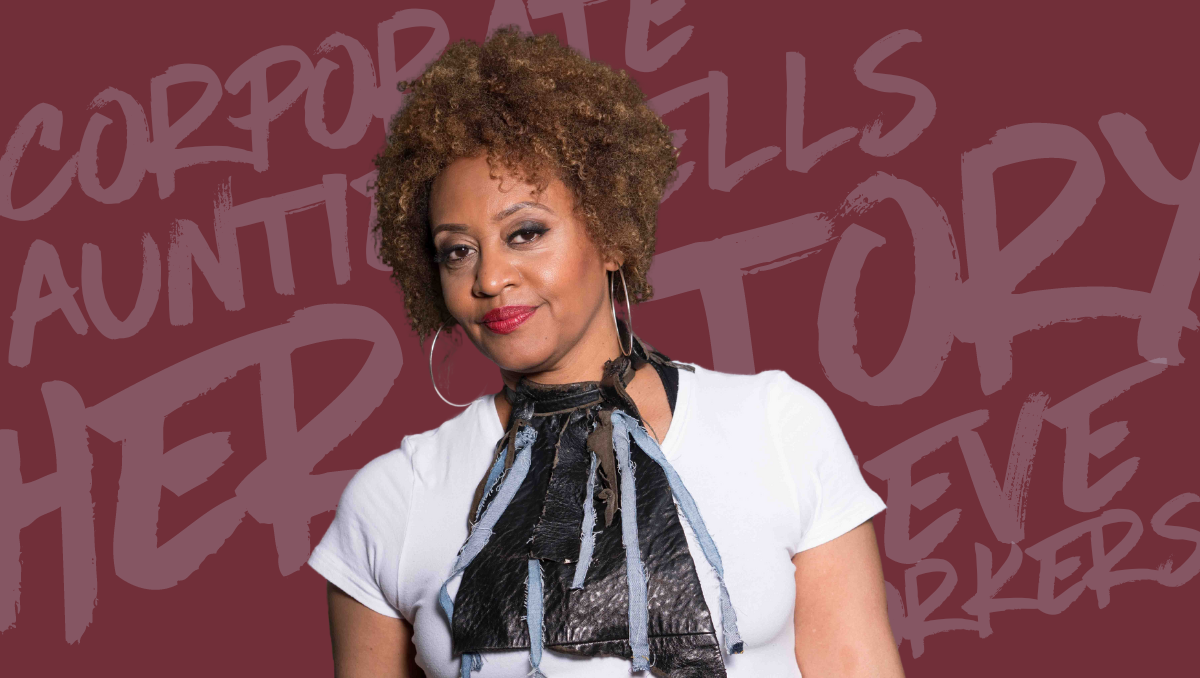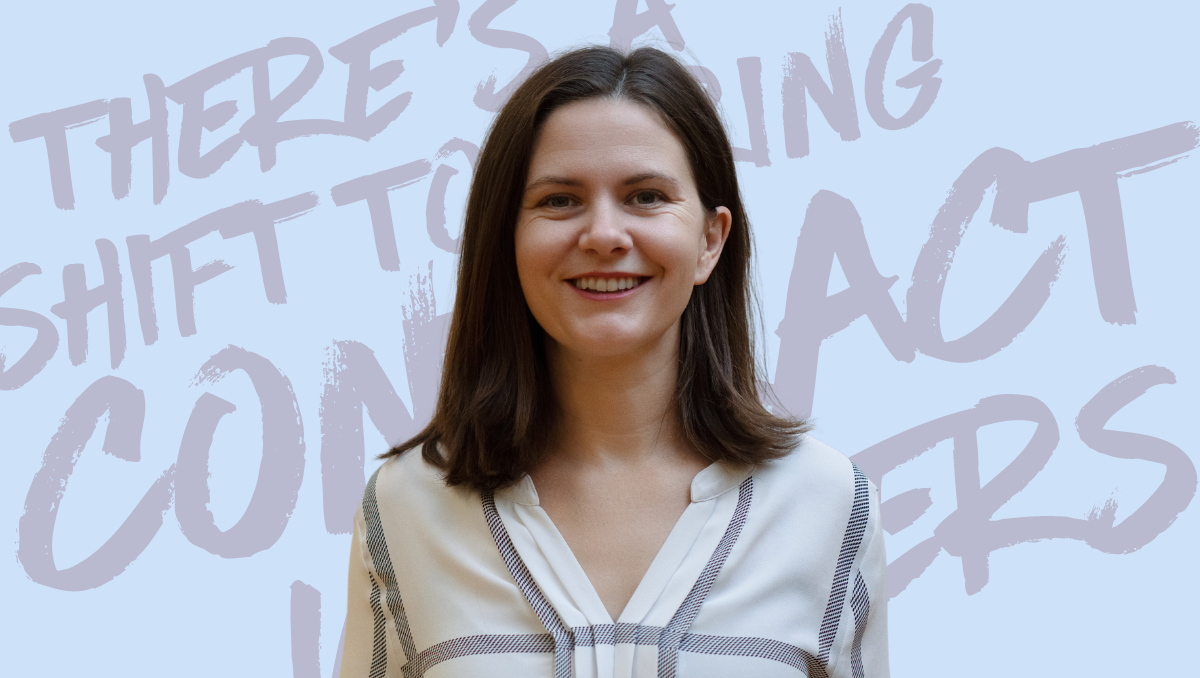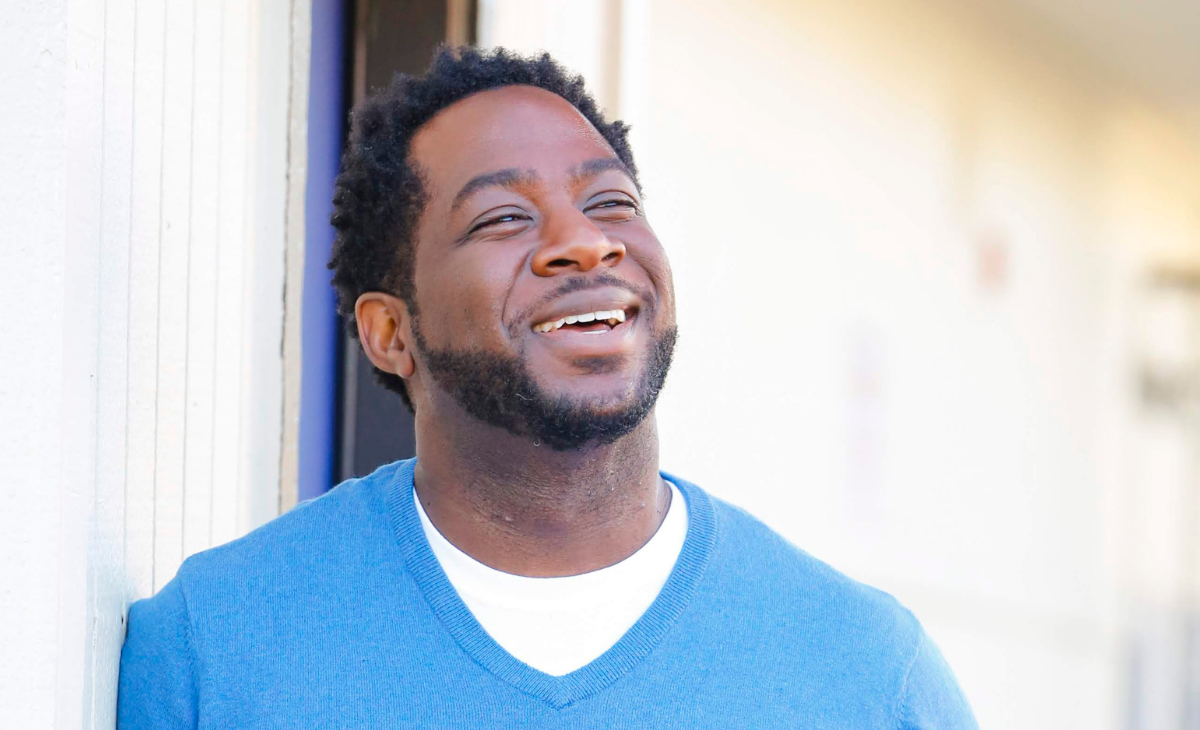Community spotlight – Noah Cole
Tech workers from across the Bay Area have joined TechEquity’s network and given their time, skills, and financial support to make their communities more equitable. We’re proud of our growing community full of intelligent, passionate, engaged citizens, and we want to show them off.
Meet Noah Cole
Noah Cole is a current graduate student at UC Berkeley’s Goldman School of Public Policy. Previously, he was in Austin, Texas, working at Facebook in their legal compliance department. He made the transition back to school to study the intersection of democracy and technology. Noah is passionate about voting rights and policies to increase civic engagement in California and across the nation. Noah enjoys reading, watching movies, going to festivals, and exploring the nature that the Bay has to offer.
What motivated you to fight against structural inequities? Tell me about the time you had a political awakening.
I’ve been lucky to be interested in politics for a long time. I felt like CNN was always on TV when I was a kid, which, looking back at now, I realize maybe wasn’t the best global education. Still, I gained consciousness at a young age from conversations at my family dinner table. I carried that appetite for political education into my adult life. I went to undergrad in Atlanta, and I studied political science.
My awakening came not through studying politics but through an African American studies course. In my junior year, I took a course that was focused on the Baltimore uprisings of that time. My professor Larry Jackson was originally from Baltimore, and he took a few of us on a class trip up to Baltimore to do organizing work and apply our research to real life. That was the first opportunity I had to confront the direct impacts of structural inequities. These uprisings were a response to racism, specifically its impact on housing and education disparities, and healthcare disparities. I’m thankful for that experience; even though it was seven years ago, it’s still the most educational experience of my life. After that, I was able to take an equity lens to the work that I was doing and worked in government and tech; now I’m back here doing policy work.
What do you feel is the most pressing issue in California?
The most important issue that needs to be addressed in California is the housing crisis and the homelessness crisis. There are several root causes for these, but a major one is simply a lack of affordable housing. Another is the issues with the opioid epidemic, mental health, and general health crises. So when you look at the problem with housing and homelessness, it’s a complicated issue. It makes sense why it’s taken so long to address.
But it doesn’t mean that it’s something that the state can’t tackle, so I think that that’s a consistent problem across the whole state. I grew up outside of Los Angeles and I’ve spent the last year here in Oakland. Everywhere I’ve been in California, there seems to be this consistent issue, and I think that should be the highest priority of our leaders in California.
What does civic engagement mean to you?
Civic engagement is any form of political participation—it’s not just voting. Protesting, phone banking, volunteering at a food bank, encouraging your friends, educating yourself and others on the issues, even running for office! To me, getting involved in the community in any way and finding a way to create change and equitable policies for the folks around you is what civic engagement means to me.
How can tech workers leverage their power and privilege to advance structural change?
There are many ways that tech workers can use their power and privilege to advance structural change, but one thing that I want to be very clear is that there are so many different ways that this can look. I think that’s important to remember a lot of tech employees might be dedicating a lot of time to their job or their family.
They may not have the capacity to volunteer every weekend, and that’s understandable, but there are other ways to be committed to your community. It may be donating your company’s ad credits to your favorite nonprofit. It might look like volunteering once a month at a food bank or networking with underrepresented students on LinkedIn. I think it’s important for tech workers to realize that they can change lives beyond their own and advocate for equitable policies in their community—in whatever way they can.
Is there a TechEquity project that resonates with you?
The TechEquity project that resonates with me the most is the Contract Worker Disparity Project. I think about my time at a previous company and the disparities that I witnessed between the full-time team and the contract workers that supported our team. I noticed that a lot of the contract workers were seen to be working even more hours than some of the full-time workers for less pay, fewer benefits, and less recognition.
On top of that, I noticed that these contract workers tended to be local Black and brown workers. There was automatically this racial disparity on top of the other disparities between contract workers and full-time workers. I am thrilled to see TechEquity doing this work because I don’t think it’s an issue that gets as much attention as it deserves. There are a lot of assumptions that if you work in tech, you’re doing well for yourself, you’re getting paid, and you’re getting these great benefits. If you’re a contract worker, that may not be the case. I had a lot of very close friends in my previous job that were contract workers, and there are a lot of times that work conditions were rough for them. I’m excited for the Contract Worker Disparity Project to bring more attention to this critical issue in tech because my friends and contract workers across the industry deserve better.





